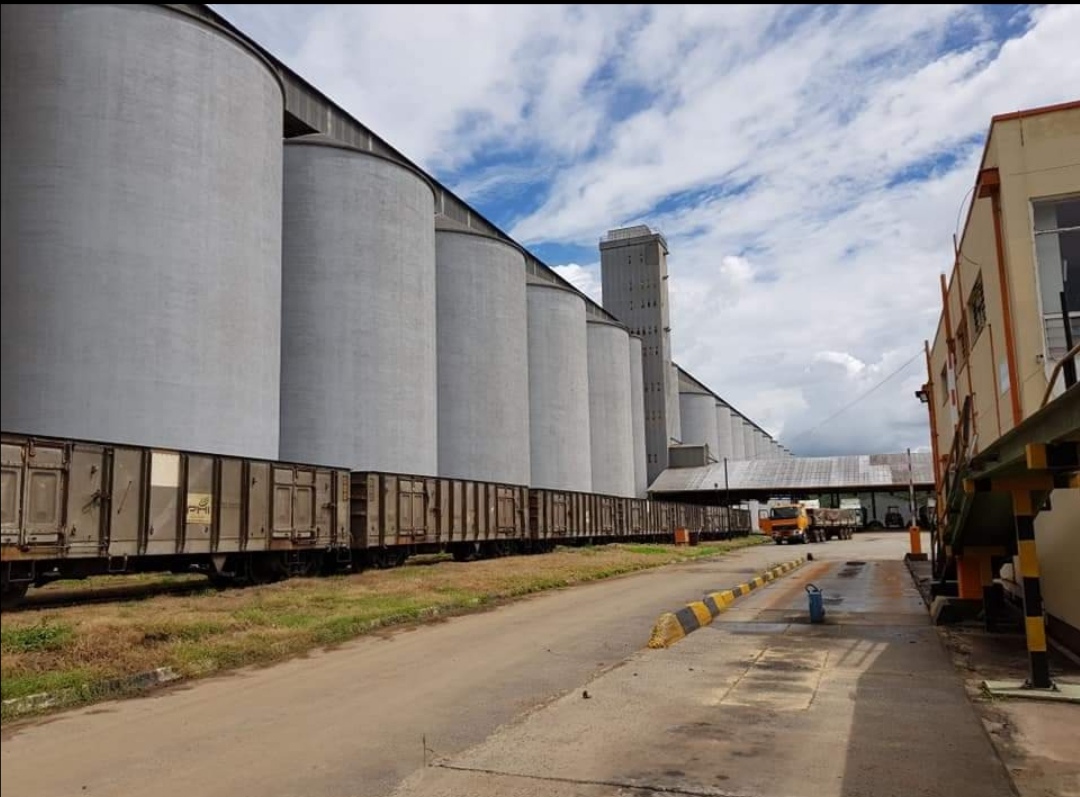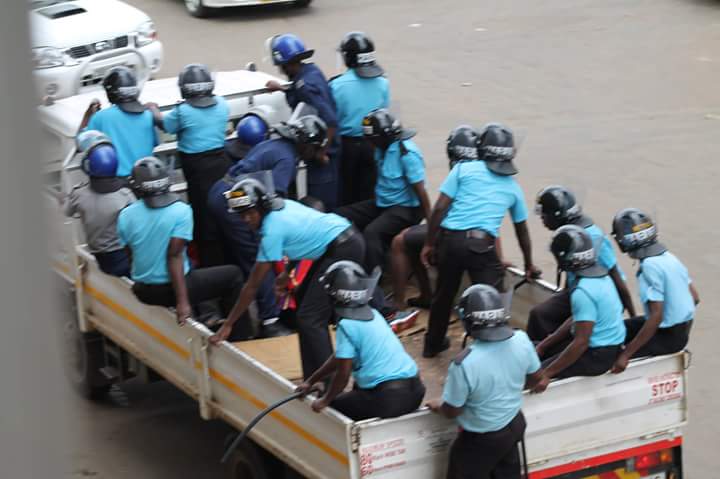Prioritise Local contractors on infrastructure projects -Construction industry
Share

Bulawayo (New Ziana)-The government should formulate policies that encourage foreigners to partner with local professionals and contractors in implementing infrastructure projects for the sector to grow and to save foreign currency.
Zimbabwe Construction Industry Association (ZCIA) president Tsitsi Dzvukamanja said this while officiating at the inaugural Africa Infrastructure and Built Environment and Expo (AfriConfex).
The Zimbabwe International Trade Fair Company and the Ministry of Transport and Infrastructure Development organised the expo, which ran under the theme “Solid Foundation. Stronger Future-Exploring Linkages in the Infrastructure Investment Value Chain”.
“Our main challenge is the issuing of tenders to outsiders where we end up being observers. But of late, the Government has seen the advantage of using local companies to execute work in the country. When Government is using local contractors they save foreign currency,” said Dzvukamanja.
“The locals keep the money in the country and help grow other sectors. Once we have our locals working on our projects, it means we will employ many people who are going to purchase goods and services locally. This will help grow the economy as the money will be circulating,” she said.
Dzvukamanja also urged the government to award tenders to registered contractors.
“We urge Government to engage registered contractors as this will help in the event of poor workmanship,” she said.
The Second Republic has to date spent over $2,5 billion on infrastructure projects, which are key enablers for the achievement of targets set under Vision 2030.
This constitutes 34,5 percent of total capital projects that have been lined up in various sectors including transport, water, public amenities,
energy, irrigation, social services, and other infrastructural projects.
Notable projects include the Robert Gabriel Mugabe International Airport expansion, construction of the Hwange 7 and 8 Thermal Power plants, the Mbudzi Interchange, construction of the new Parliament building, Emergency Road Rehabilitation Programme (EERP) as well as construction of Marovanyathi and Gwai Shangani dam.
While the Government has prioritised the local contractors in the construction of some projects, it has sometimes complained about poor workmanship by some of the companies.
Dzvukamanja implored the government to expediate payments for the contractors to enable them to timeously complete projects.
“Delays in payment by the government for work done are a major concern. It causes severe cash flow problems to contractors, and this can have a devastating effect down the contractual payment chain. This can lead to work stoppages and delays in the completion of projects,” she said.
She said the Covid-19 pandemic greatly affected the sector in a number of ways including losing qualified and experienced personnel, loss of income for workers, project implementation delays, job losses, increased health and safety risk, and project suspension.
The implementation of Vision 2030 under the National Development Strategy (NDS1) should lead to the resuscitation of the Build Environment sector as well as a brighter future for the sector, she said.
New Ziana









